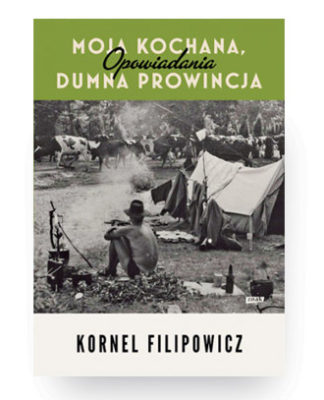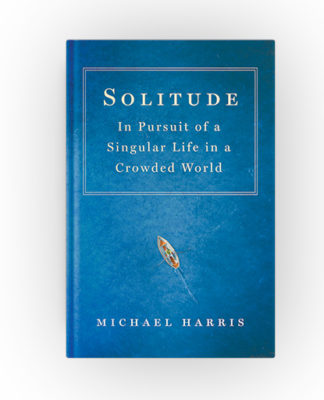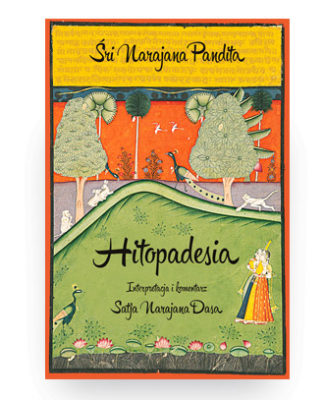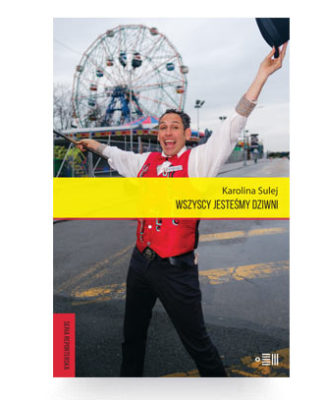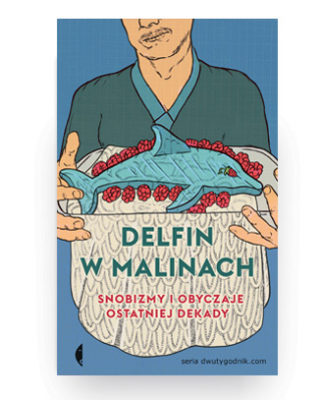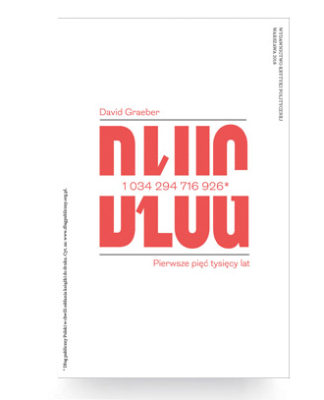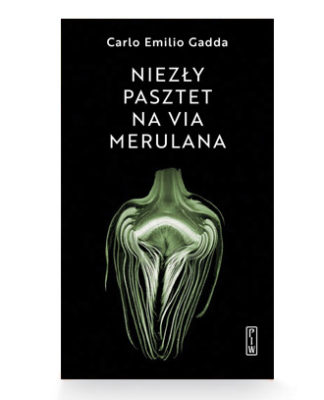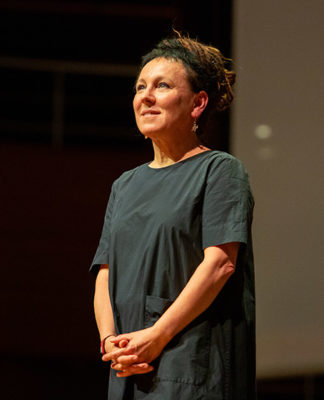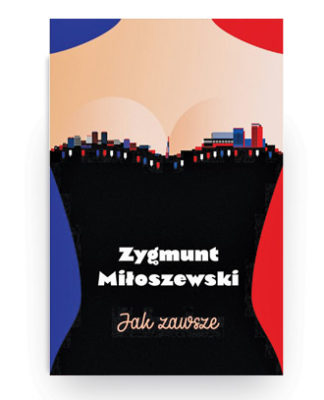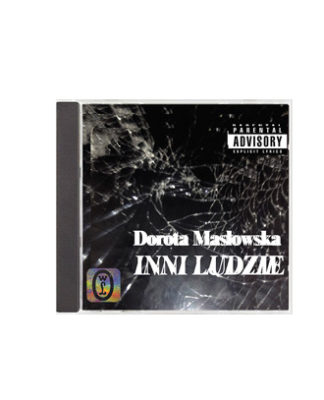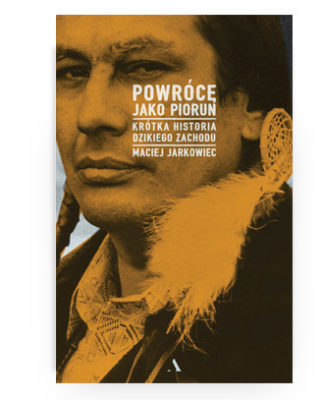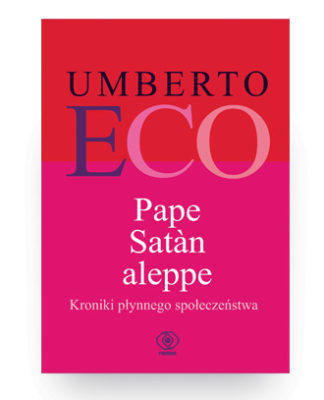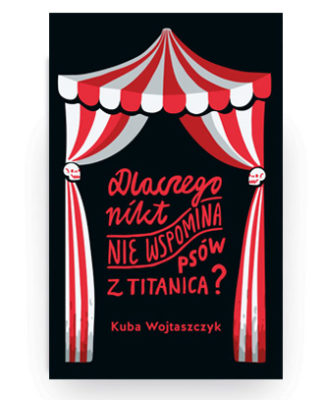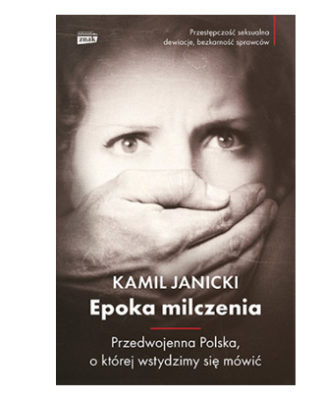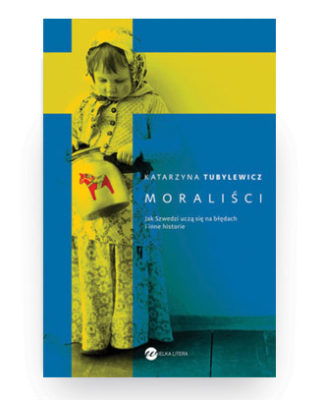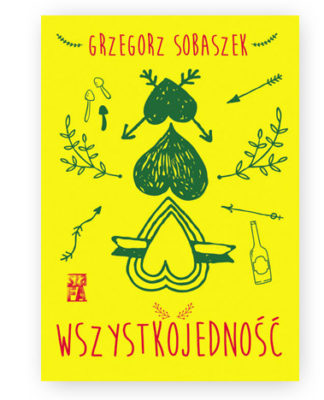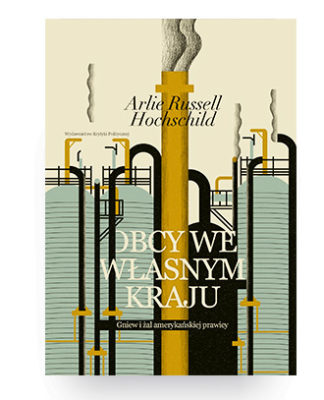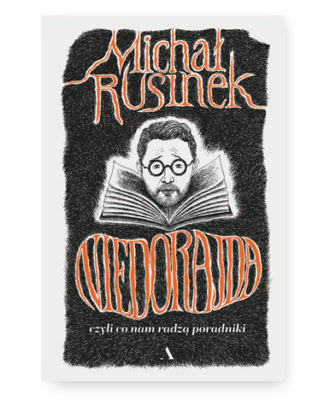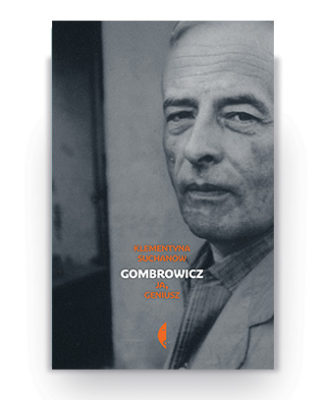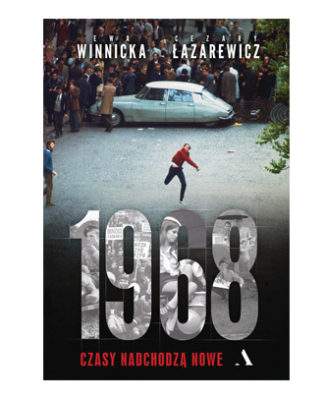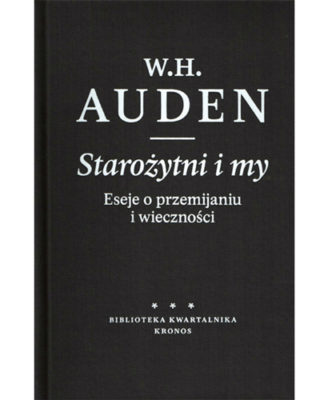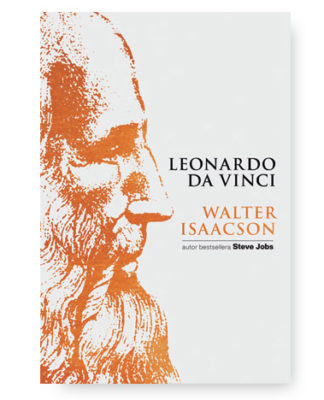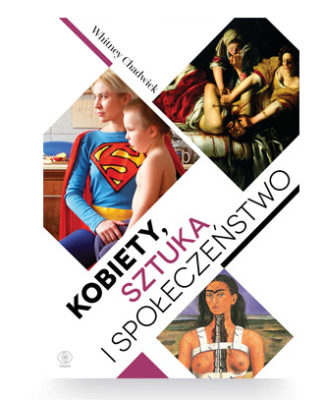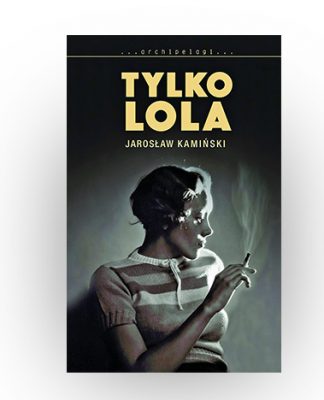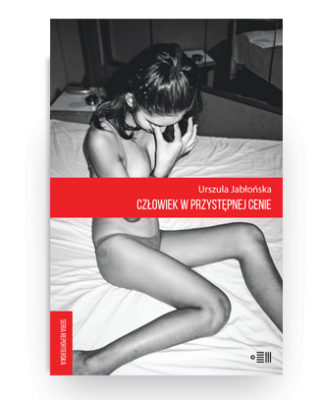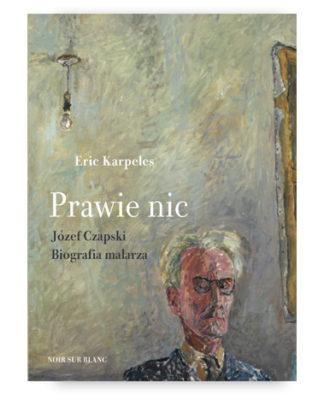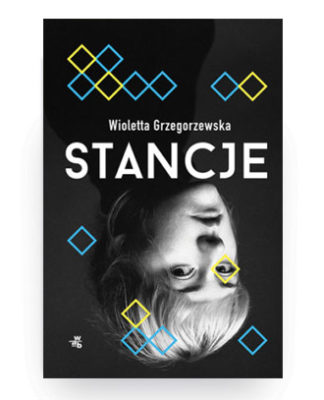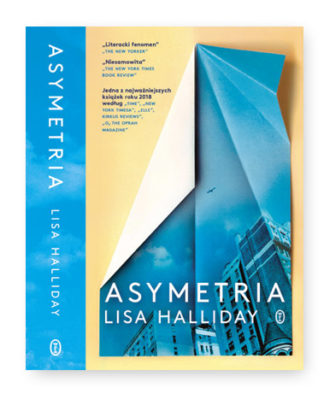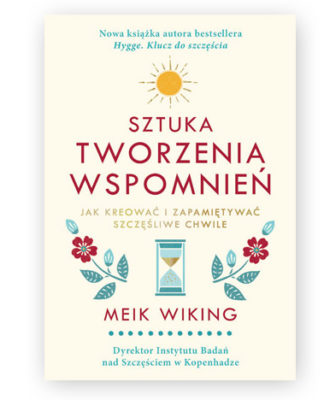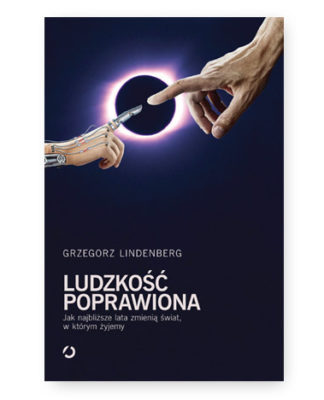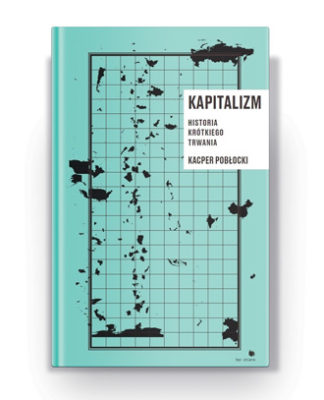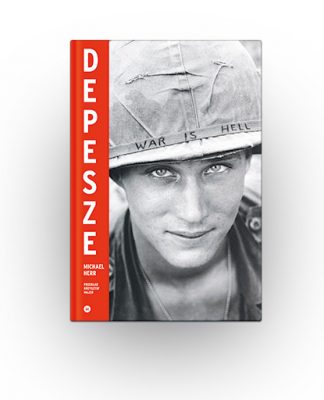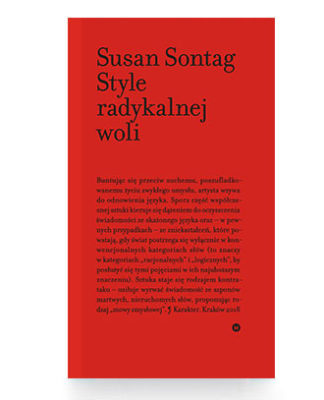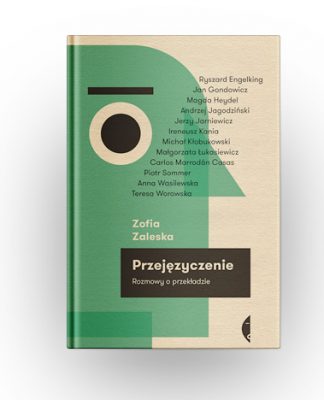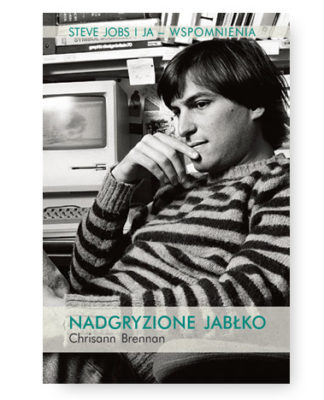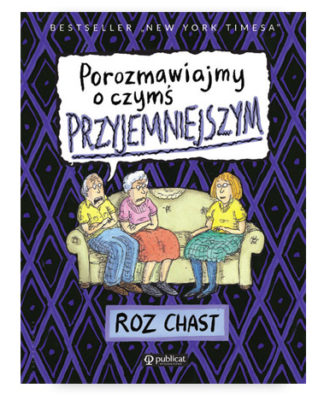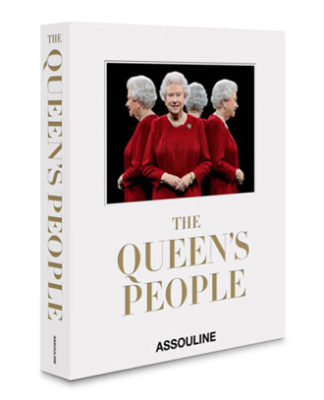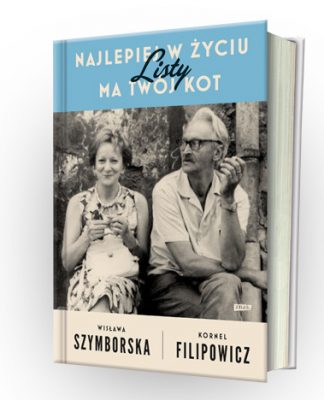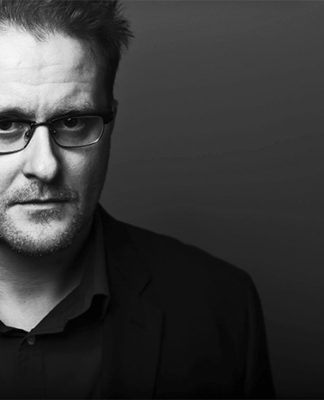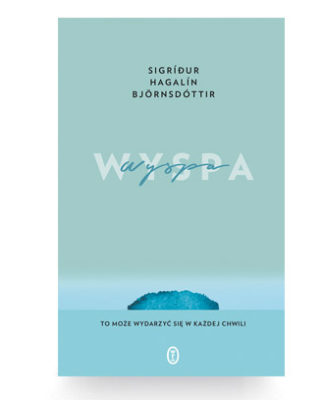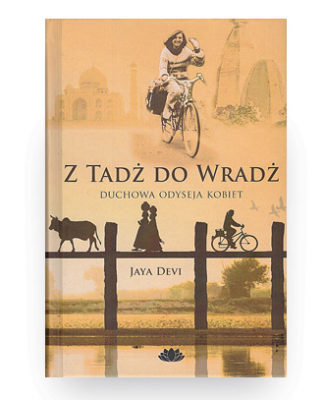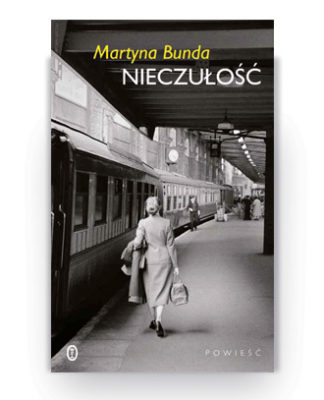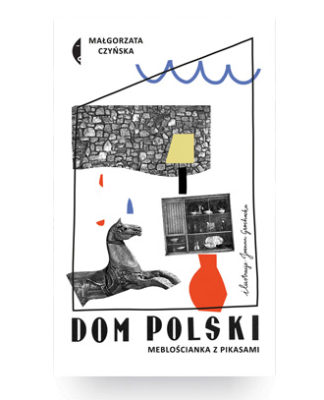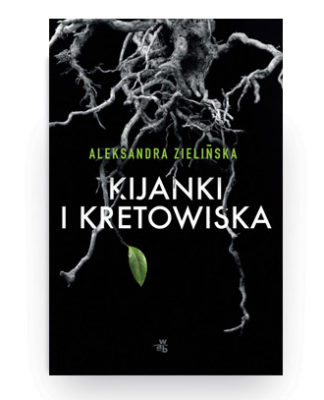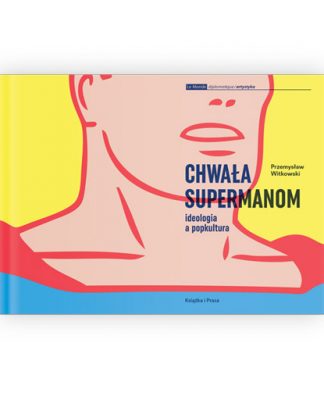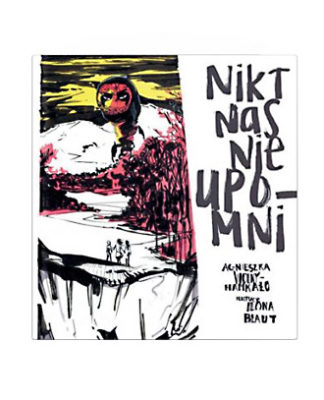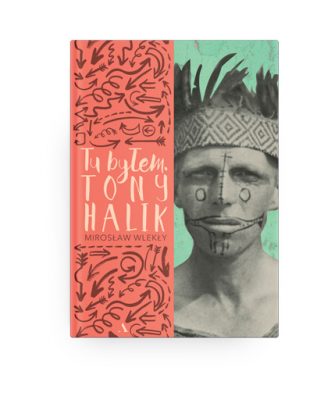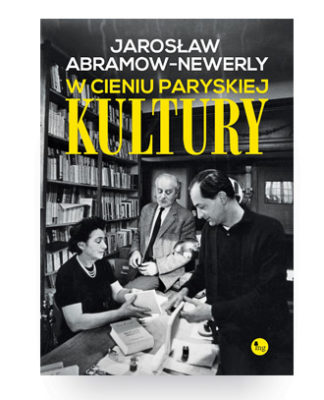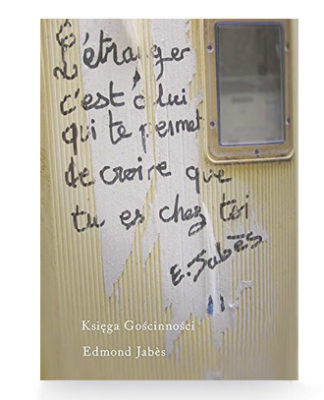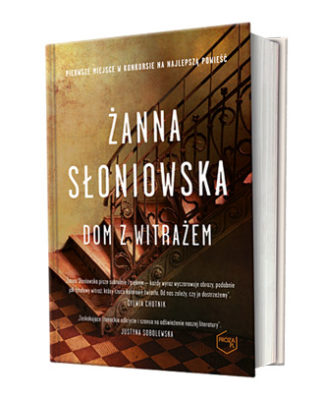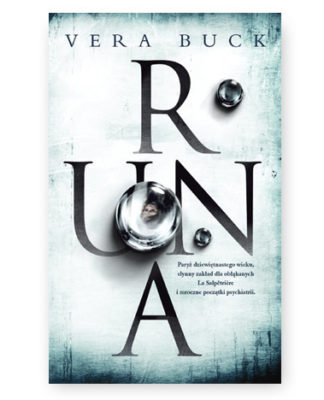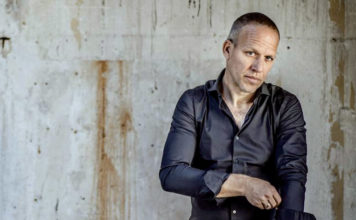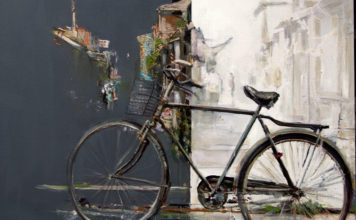Kliknij tutaj, aby przeczytać wywiad w wersji polskiej.
Text: Jansson J. Antmann
On 27 October the curtain goes up on the Polish premiere of (WO)Man, directed by Adam Sajnuk and starring Renata Dancewicz, Piotr Polk, Justyna Fabisiak and Cezary Łukaszewicz. Playwright Jade-Rose Parker talks to LaVie about the French production of her hit play, in which she is also currently appearing alongside Spanish superstar Victoria Abril, known to audiences around the world for her performance in Pedro Almodóvar’s Tie Me Up! Tie Me Down!
Congratulations on the success of Drôle de genre in France. I hear it’s a huge success.
Thank you. It’s my very first play, and I’m very lucky because the cast is amazing and includes Victoria Abril and Lionnel Astier. We opened in the very lovely, large and famous Théâtre de la Renaissance in Paris. It was a huge success and now we’re on tour, but we plan to go back to Paris and then back on tour again. So, we’re in it for the long haul.
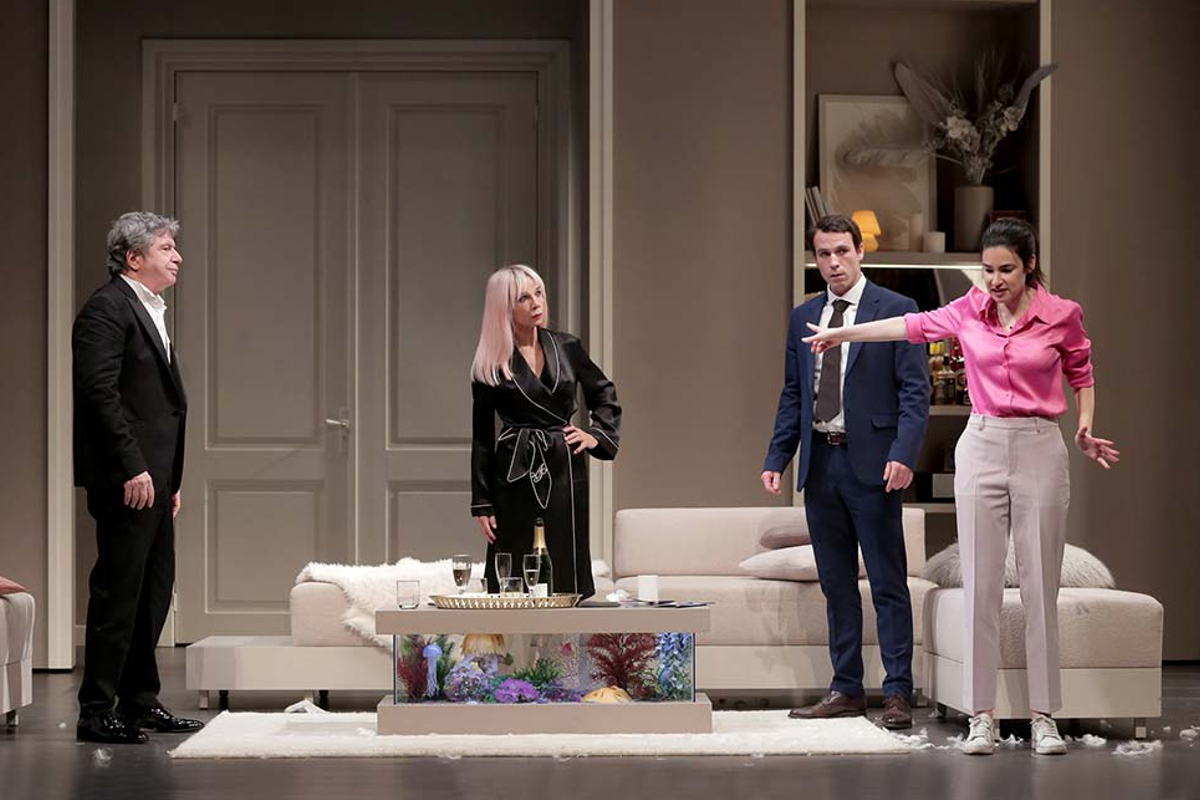
In English, the title is (WO)Man, and in Polish żONa. The original French title, Drôle de genre, is also a play on words, isn’t it?
Yes, it’s a French expression, which is used to describe someone who is odd or original, but in a sort of pejorative way. So, it’s kind of funny but weird. In French, genre is gender, obviously, and drôle is funny, so word-for-word it means ‘funny gender’. Of course, it also has the other meaning I mentioned.
Without giving too much away, the plot revolves around a transgender issue, doesn’t it?
Exactly. It’s the story of François [performed by Piotr Polk in Warsaw] and his wife Carla [performed by Renata Dancewicz in Warsaw]. François is a politician – like a mayor – and he’s campaigning for re-election. He’s been married to Carla for 30 years. She’s a beautiful woman, who’s been devoted to her husband all this time. But he’s, you know, a man’s man. He has mistresses, he pursues his career … you know the type. And one day, when he comes back from work, his wife announces that she has cancer … prostate cancer!
Aha!
[laughing] So, as you can imagine, it takes a while for his brain to process this information. How is this possible? She’s his wife! How could she have been a man before?!
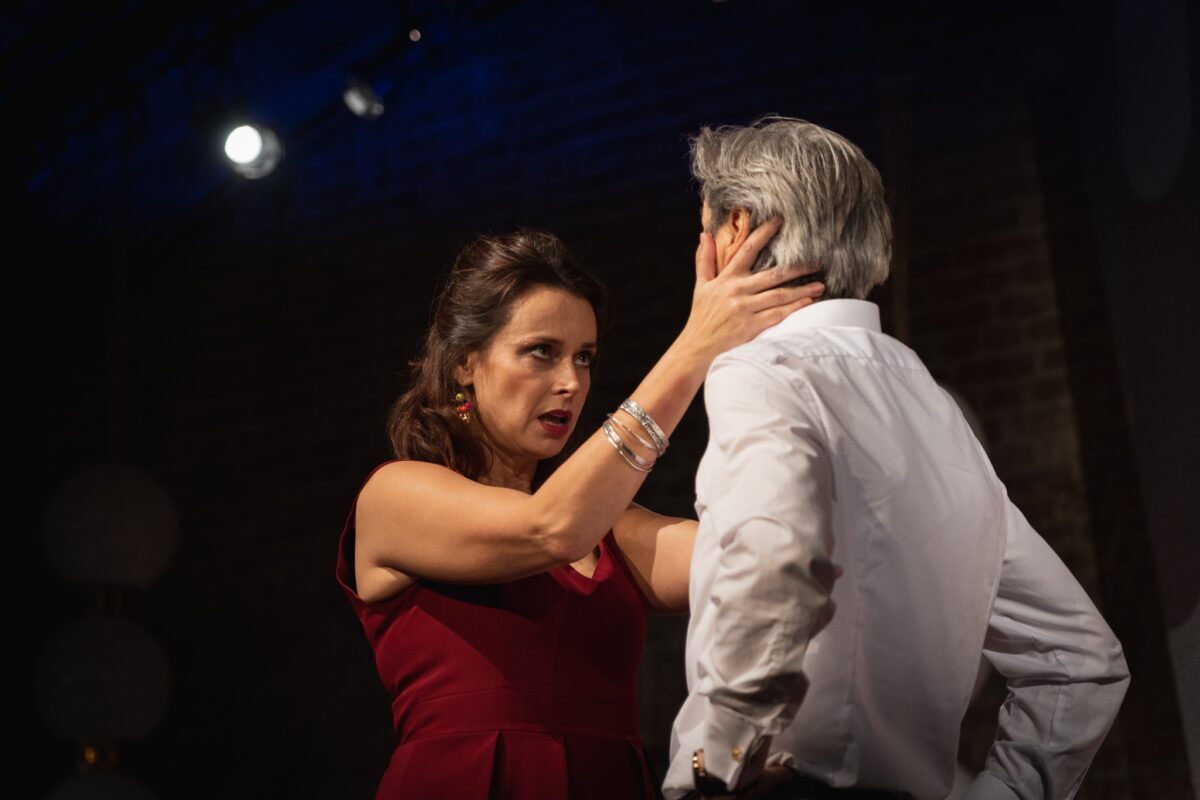
And obviously they don’t have children. The play also features two younger people, performed in France by you and Axel Huet, and in Warsaw by Justyna Fabisiak and Cezary Łukaszewicz. It reminds me of the kind of construct you find in, say, Edward Albee’s Who’s Afraid of Virginia Woolf?
Why, thank you.
But obviously that’s not a comedy. What role do the other two characters play in your script?
Well, there are two acts, and the first one is focused on the couple and the revelation. It’s a tragicomic play and, you know, the more tragic it is on stage, the more the people in the audience laugh. In the second part, I arrive and I play their adopted daughter, who has some revelations of her own to make too. I won’t say any more, except that my fiancé, whom my parents know nothing about, will arrive and introduce himself for the first time. So, that comes like a bolt out of heaven.
A bit like the movie Guess Who’s Coming to Dinner with Katherine Hepburn and Spencer Tracy?
Exactly. It’s a bit like that, and it’s not the best time for my fiancé to introduce himself, because the situation is already explosive between the parents, and their daughter only adds to this with what she has to say, so when he arrives, it’s a very uncomfortable situation.
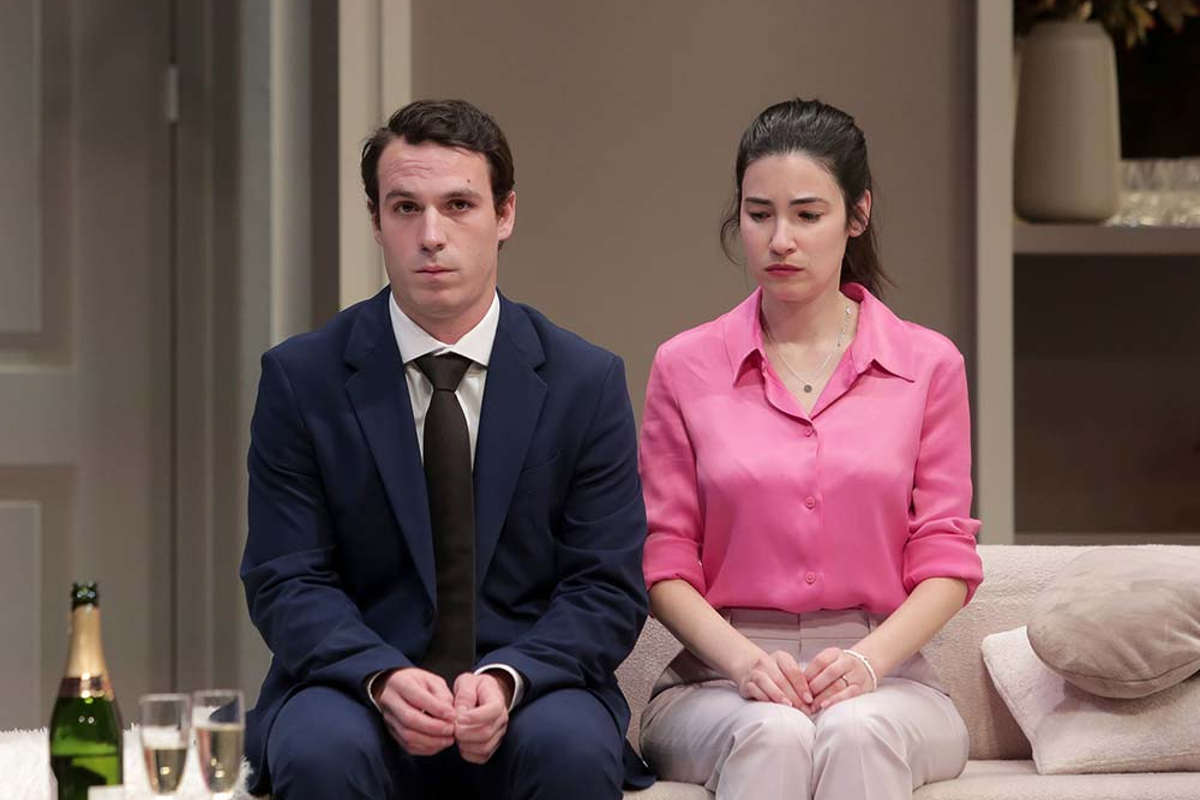
I hope we haven’t revealed too much, especially the news about the prostate cancer.
Not at all. It’s on the first page. I love when you get that initial shock…
… and everything unravels.
That’s right!
Presenting a play like this in France or England is one thing, but presenting it in countries like Poland, where issues of gender are still the topic of unresolved political debate, is another. Do you expect it will provoke public discourse around the issue?
I’m not much into politics, but I knew that a portion of Polish society is a bit conservative, so it was quite a surprise, when I heard that a Polish producer was so keen on presenting this play. And I was very proud and happy about that. Even if people are conservative, they are still individuals who can think for themselves. It’s interesting because in France, we are more open-minded about these topics, but lots of people still think the way they did in the olden days. By that I mean they are very open to the affairs of other people, but when something like this arises in their own sphere, it’s a totally different matter. And that’s the subject of this play – the fact that you can be very open-minded with respect to others, but when it touches you personally, when it’s your wife, your son, your family, or someone in your own little circle, you’re no longer as open-minded as you were, and in that moment your opinions can change. But my goal, if I can call it a goal, is to make people laugh. That’s why I wanted to write a comedy, because I think that laughing is the best way to send messages. When you leave the theatre, something stays in your mind and makes its way deeper. If it triggers a debate, that’s the best possible outcome.
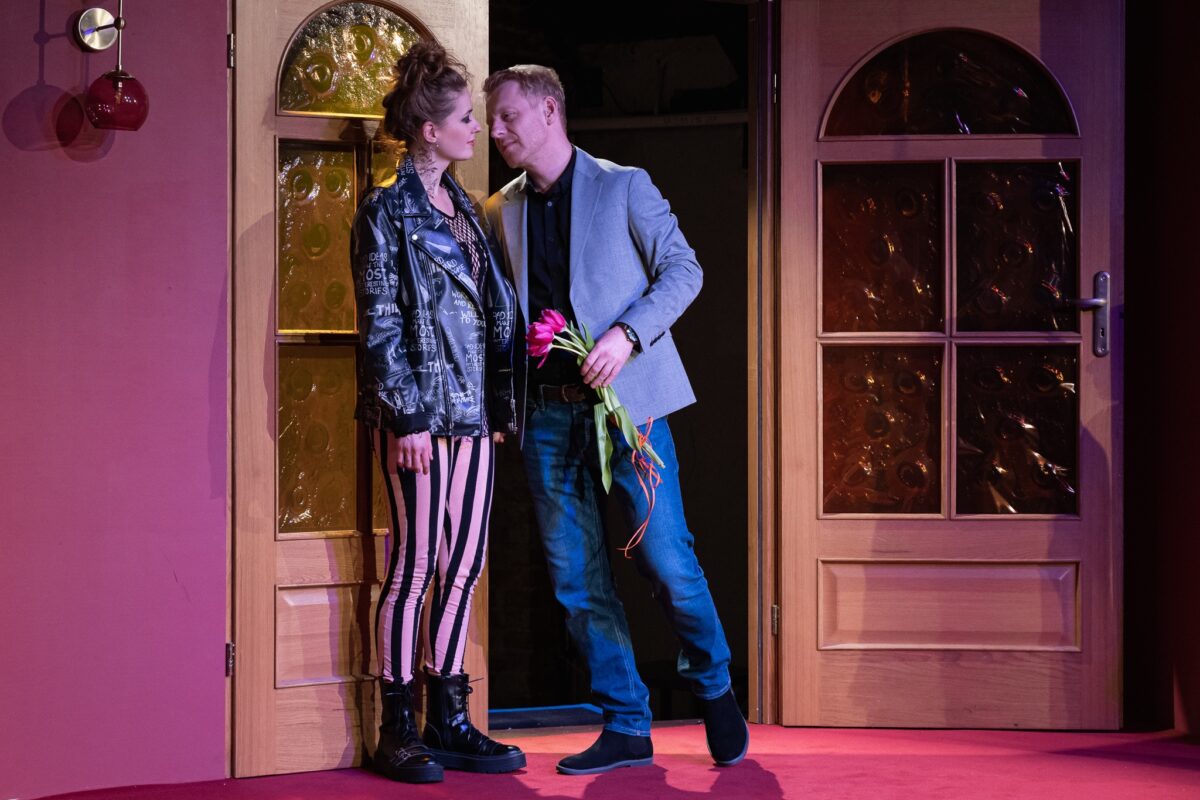
How involved were you in the Polish translation? What was that process like for you?
My French agent, Dominique Christophe, introduced me to Irma Helt, who is a lovely young translator and has already translated very famous French authors. I talked to her and she came to see the play on different occasions. We talked about the characters, the plot, and what my vision of the play was. I don’t speak Polish, so I just trusted her with the translation. I think she has done a remarkable job, because the Polish producer and the performers were keen to perform it. And Irma did it very quickly too.
Is your script dependent on word play, or is it more situational comedy?
There are one or two plays on words, but it’s more a situational comedy – like English humour, with revelation upon revelation upon revelation – and it just escalates. At the risk of sounding immodest, I think that it’s universal, and it can talk to any nationality. My characters are not white or black. It’s really grey, as we are in life – and I have put some of my own opinions in François and Carla. It’s very difficult to have a very clear opinion on things. For example, Carla hasn’t told him her secret for 30 years. One can assume she’s had opportunities to tell her him in the past, but she didn’t. And it’s also safe to assume in that time, he also must have asked her about her past, her childhood, everything. So, we can in fact draw the conclusion that this is a well-constructed lie. It’s not something she just forgot to tell him. She’s a liar. If it didn’t matter to her, why didn’t she tell him? And on the other hand, we have to wonder why he loves his wife. Is it because she’s a woman, or is it because of her personality? At one point, she asks him what has changed, apart from four little words: “I am a man”. It hasn’t changed anything, but for him it changes everything.
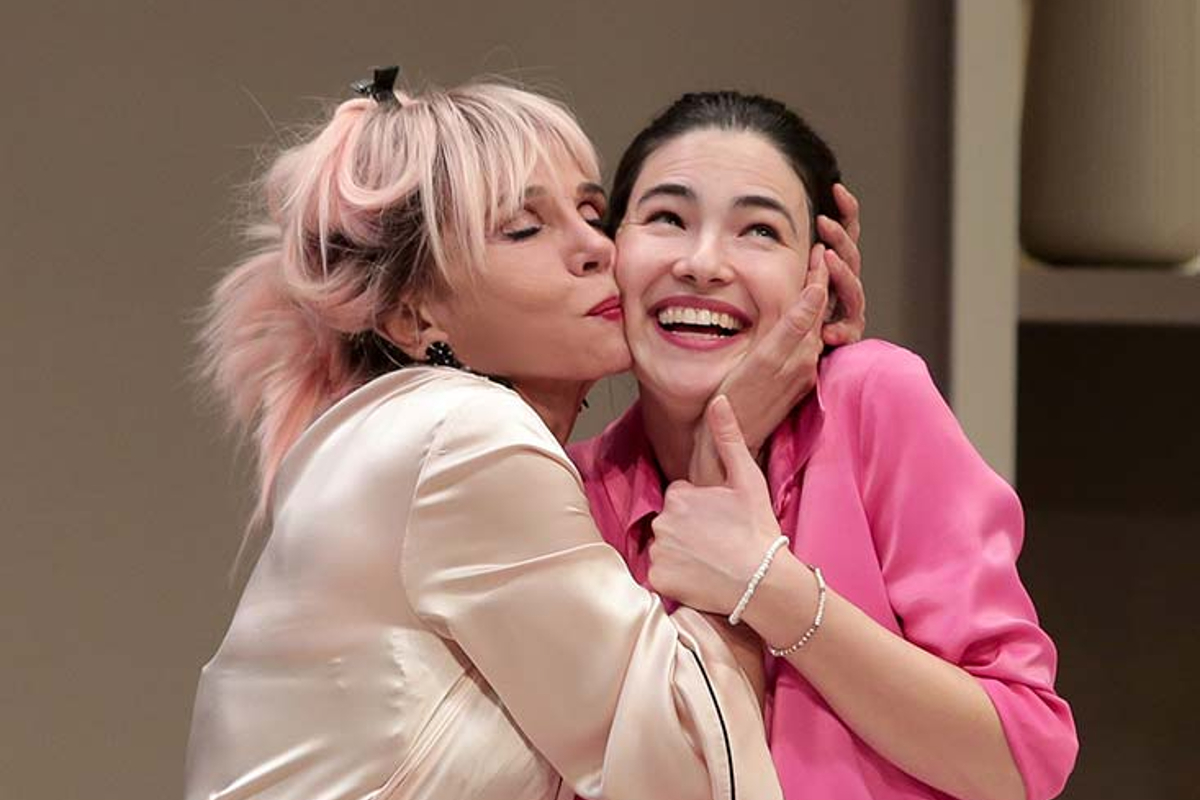
That question also lies at the heart of Blake Edward’s Victor/Victoria, which is based on Roger Le Bon and Reinhold Schünzel’s 1934 film Georges et Georgette. Of course, the stakes were not as high, because the protagonist was a woman dressing as a man, whereas here we have a transgender woman. The notion of cis-gender performers acting in transgender roles has become very controversial in some countries. What’s your opinion?
First of all, a transgender woman is a woman. This is the first play dealing with transgender issues in France, and I didn’t mind if it was a transgender woman or a cisgender woman. I just wanted the best actress for this part, and I hadn’t even thought about anyone in particular for the role.
It was an incredible stroke of luck to be able to cast Victoria Abril in the role.
She also played a transgender role when she made the movie Cambio de Sexo (Change of Sex) in Spain at the age of 14. She played a young teenage boy who wanted to become a girl and underwent surgery, tragically dying in the end. When Victoria read the script, it was as if she’d come full circle, and she said it was like a lovely happy ending, because she felt as though that little girl in her first Spanish film had survived the surgery and married a man for 30 years. For her, it’s like this play represents the continuity of that movie.

You’ve written for film, and you’ve just published a book. How did you come to right for theatre as well?
Actually, I wanted to perform in the theatre, but it was hard to find an opening without knowing the right people, or being one of the contacts in a director’s phone. I couldn’t think how I was going to get a role on stage. But then I said to myself, “Oh, my God, you’re a writer! Write a part for yourself.” And I did. So I wrote a play with a part for myself – the smaller part, because I’m not that famous, so I couldn’t give myself the lead role. [laughs]
Do you find writing a script for the theatre different to writing a novel?
Yes, it’s quite different, because when you write a novel you can include so many details. You can write whatever you want, but when you write a script, you can only write what is said. I mean, there are the stage directions, or indications of what the character is feeling, but everything else is spoken. And it’s also very different when you write for theatre or for film. When you write for screen, there is a technique. You have to figure out how to cut your dialogues and scenes – it’s almost the work of a director and you have to imagine how the movie or series will be shot.
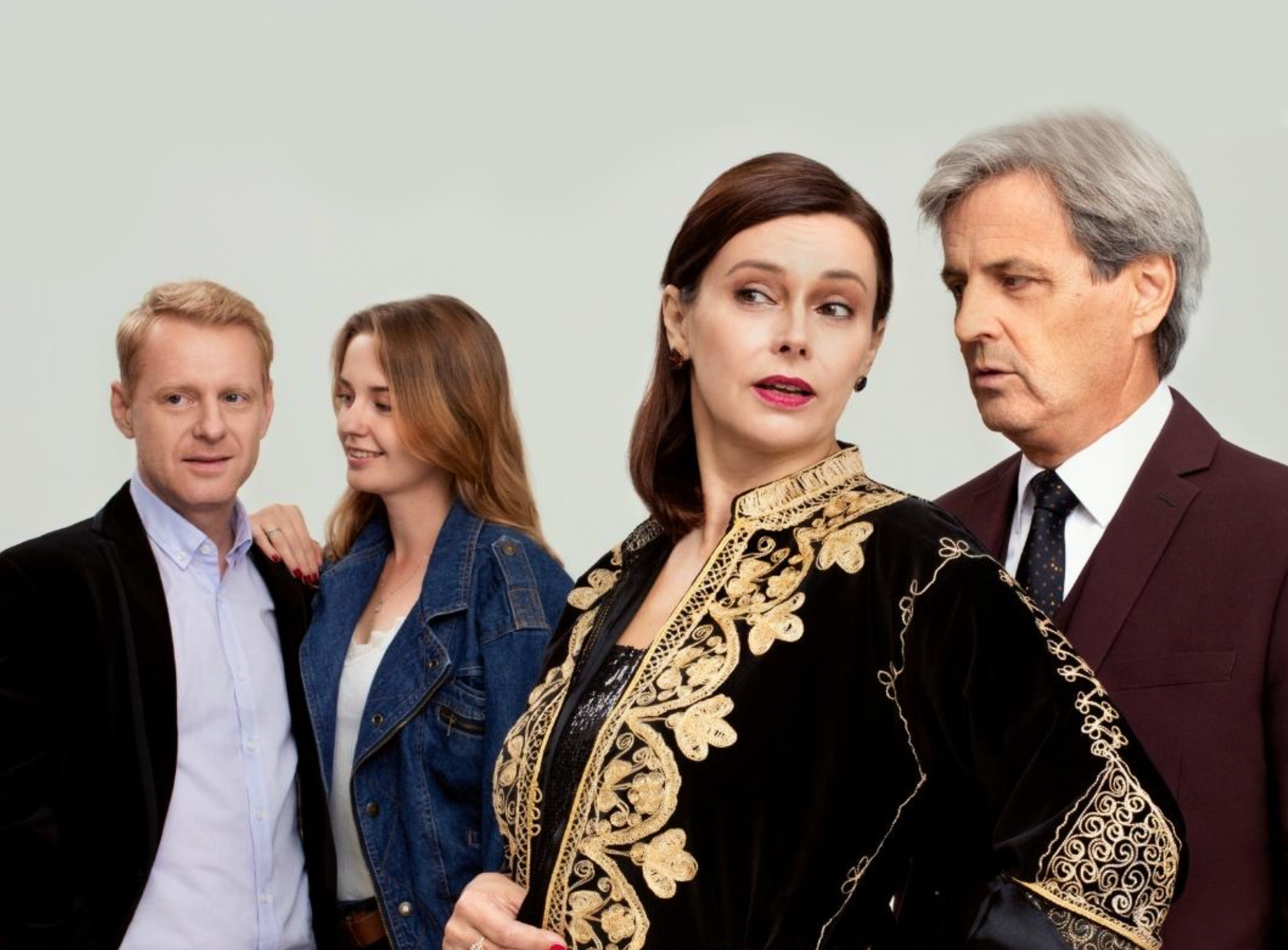
Not only are you now performing alongside Victoria Abril, but you also acted in the 2008 movie LOL (Laughing Out Loud) with Sophie Marceau. These are incredible opportunities to learn from the best, aren’t they?
LOL was my very first movie. There’s been an American remake since then, which is not as good as the French version. [laughs]. I see these roles as a real chance to learn. Every night, Axel – my partner in the play – and I realise it’s a privilege, because it’s like a masterclass we have just for ourselves. It’s amazing to watch Victoria and Lionnel give so much to their roles. Each night, it’s like they live with the characters in their inner selves. In my opinion that’s just the way actors should always act. They give everything, they cry, they get angry, and when they come off the stage, it’s like they’ve just walked out of the shower and haven’t dried off yet. You could wring the sweat out of them. It’s incredible to see. In fact, Lionnel told me that when he and Victoria face each other, it’s like they’re challenging each other, because they both want to reach that level.
Are you going to attend the premiere in Warsaw?
Of course, with my agent and the translator Irma. We are flying to Poland for the opening night and I’m incredibly excited about it. It is so refreshing to go to another country and to see that little thing you wrote all by yourself in your room or your kitchen suddenly reach a whole other level.
żONa / (WO)Man
Playwright: Jade-Rose Parker
Translator: Irma Helt
Director: Adam Sajnuk
Set and costume designer: Katarzyna Adamczyk
Composer: Michał Lamża
Producers: Katarzyna Fukacz, Damian Słonina
Production company: Tito Productions
Premiere: 27 October 2022 w Mała Warszawa, scena Spektaklove
To book tickets please visit: https://www.spektaklove.pl/spektakl/33/pokaz


























